Climate change is not just an environmental issue; it is a profound economic challenge that affects global economies, industries, and livelihoods. As the planet warms, the economic consequences become increasingly severe, influencing policy, corporate strategy, and individual financial stability. This article explores the current economic impacts of climate change, ongoing trends, and future predictions.
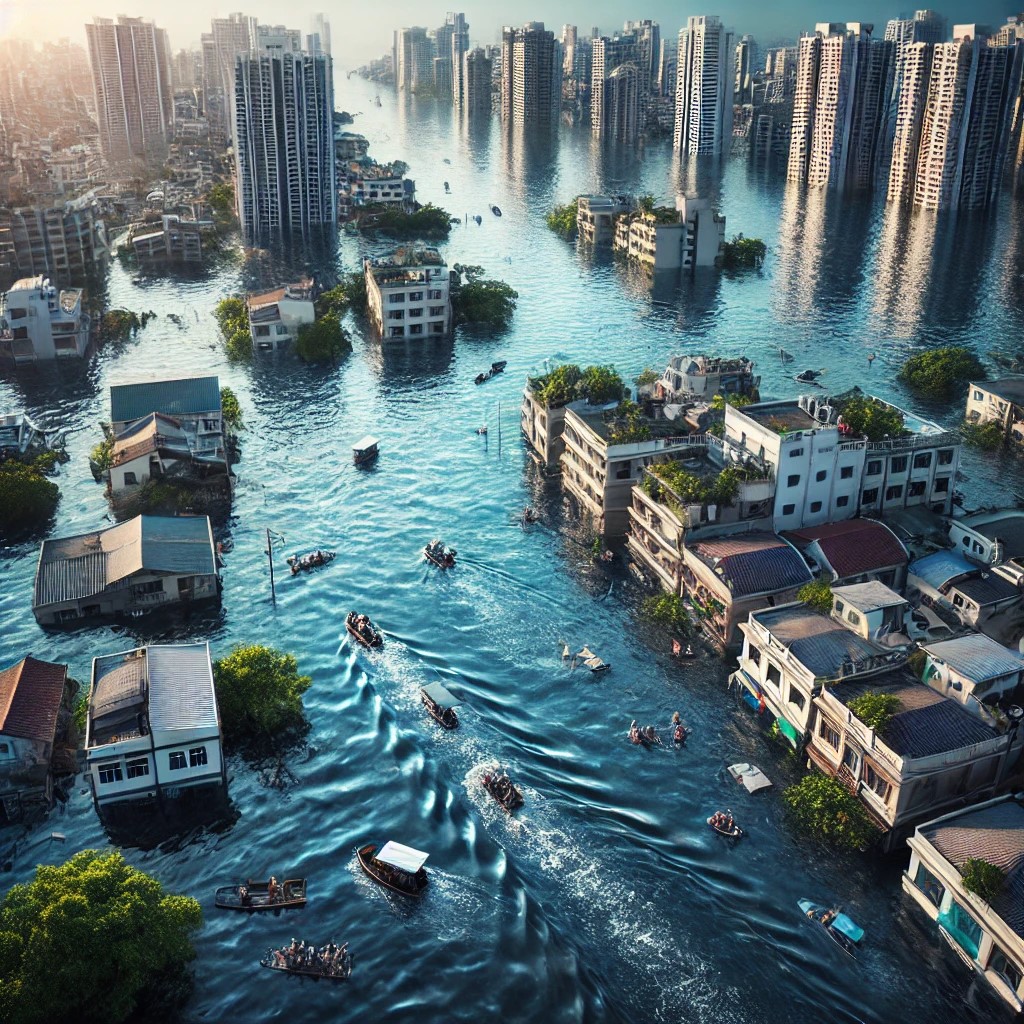
Current Economic Impacts
The immediate economic impacts of climate change are visible in the increased frequency and intensity of weather-related disasters. Hurricanes, wildfires, floods, and droughts lead to direct costs such as infrastructure damage, lost agricultural productivity, and increased insurance claims. For instance, the 2021 hurricane season in the United States caused over $70 billion in damage, impacting real estate values, insurance markets, and government spending.
Economic Redistribution and Inequality
Climate change also prompts significant economic redistribution. Regions with cooler climates might see increased agricultural capabilities, while traditionally fertile areas may suffer from reduced yields. This redistribution can exacerbate existing inequalities, particularly affecting poorer nations that are less capable of adapting to climate shifts, thereby widening the global inequality gap.
The cost of adaptation and mitigation is substantial and often disproportionately borne by those least able to afford it. Developing countries face higher costs for transitioning to green energy, safeguarding against disasters, and coping with the health impacts of climate change.
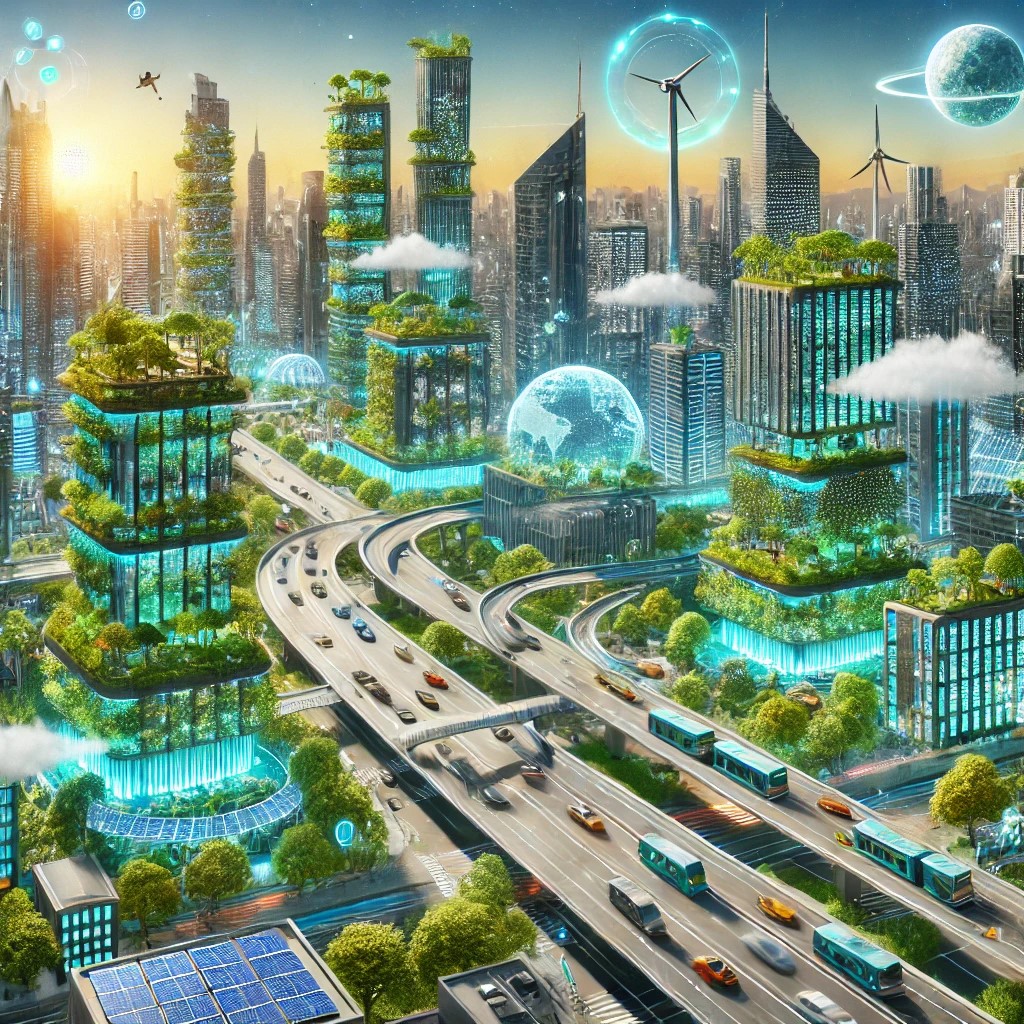
Corporate and Financial Sector Response
The financial sector is increasingly recognizing climate change as a material risk to portfolios. Investors and companies are factoring climate risks into their decision-making processes, leading to significant changes in investment strategies. There is a growing trend toward sustainable investing—environmental, social, and governance (ESG) investing—where funds are directed towards companies that adhere to certain ethical standards, including environmental sustainability.
Furthermore, regulations are tightening around climate disclosures, pushing companies to reveal their climate risks and mitigation strategies, which influences investor decisions and corporate behaviors.
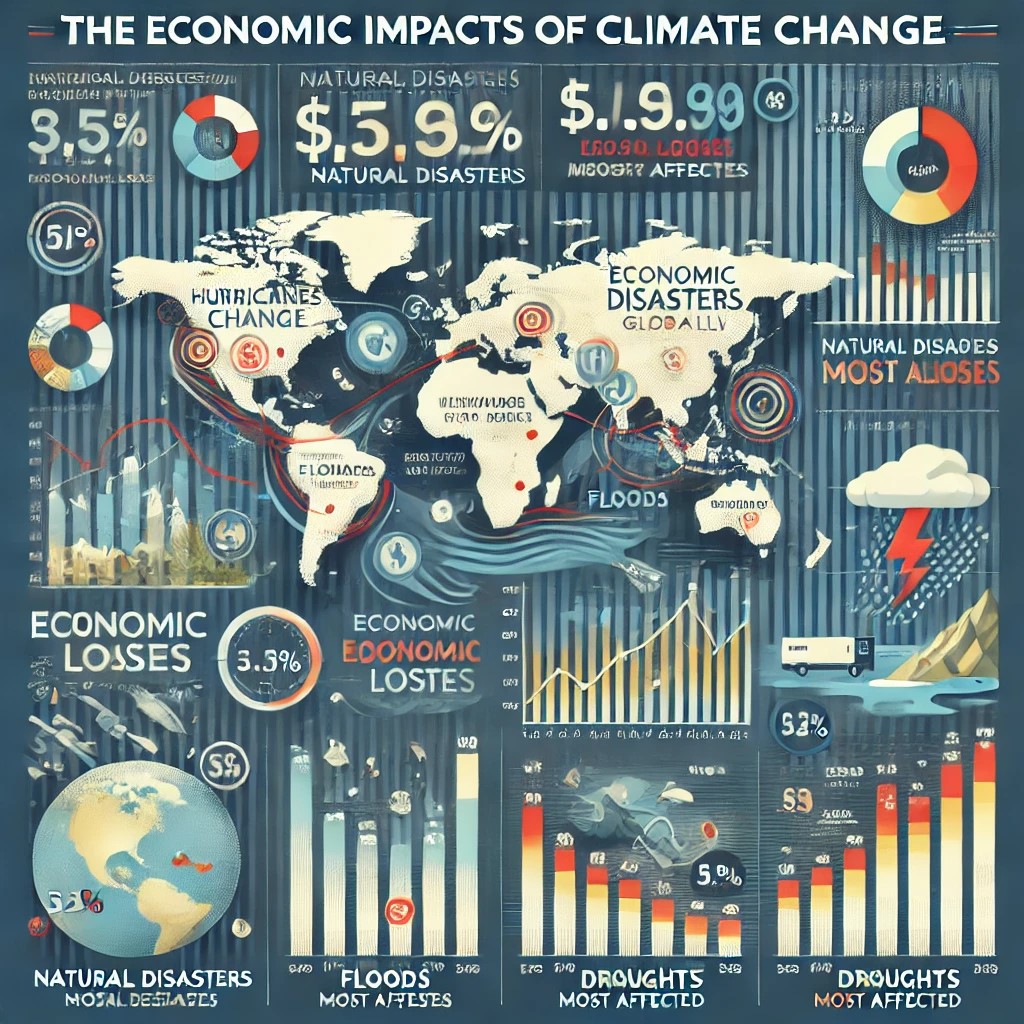
Future Predictions
Looking ahead, the economic impact of climate change is expected to intensify. According to the Intergovernmental Panel on Climate Change (IPCC), global GDP could decrease by up to 23% by 2050 if serious action is not taken to address climate change. This forecast underscores the need for comprehensive and coordinated global efforts to mitigate climate effects.
Technological innovation will play a critical role in shaping the economic response to climate change. Advances in renewable energy technologies, battery storage, and carbon capture and sequestration are essential to reducing greenhouse gas emissions and developing climate resilience.
Conclusion
The economic impact of climate change is vast and multi-faceted, affecting every aspect of global economies from individual sectors to macroeconomic stability. It demands urgent action from governments, businesses, and individuals alike. While the challenges are significant, they also present opportunities for innovation and transformation in our economic systems, driving towards sustainability and resilience in the face of a changing climate. As the world moves forward, the economic policies and investments made today will determine the severity of climate change impacts and our ability to thrive in an altered world.

The Economic Impact of Climate Change
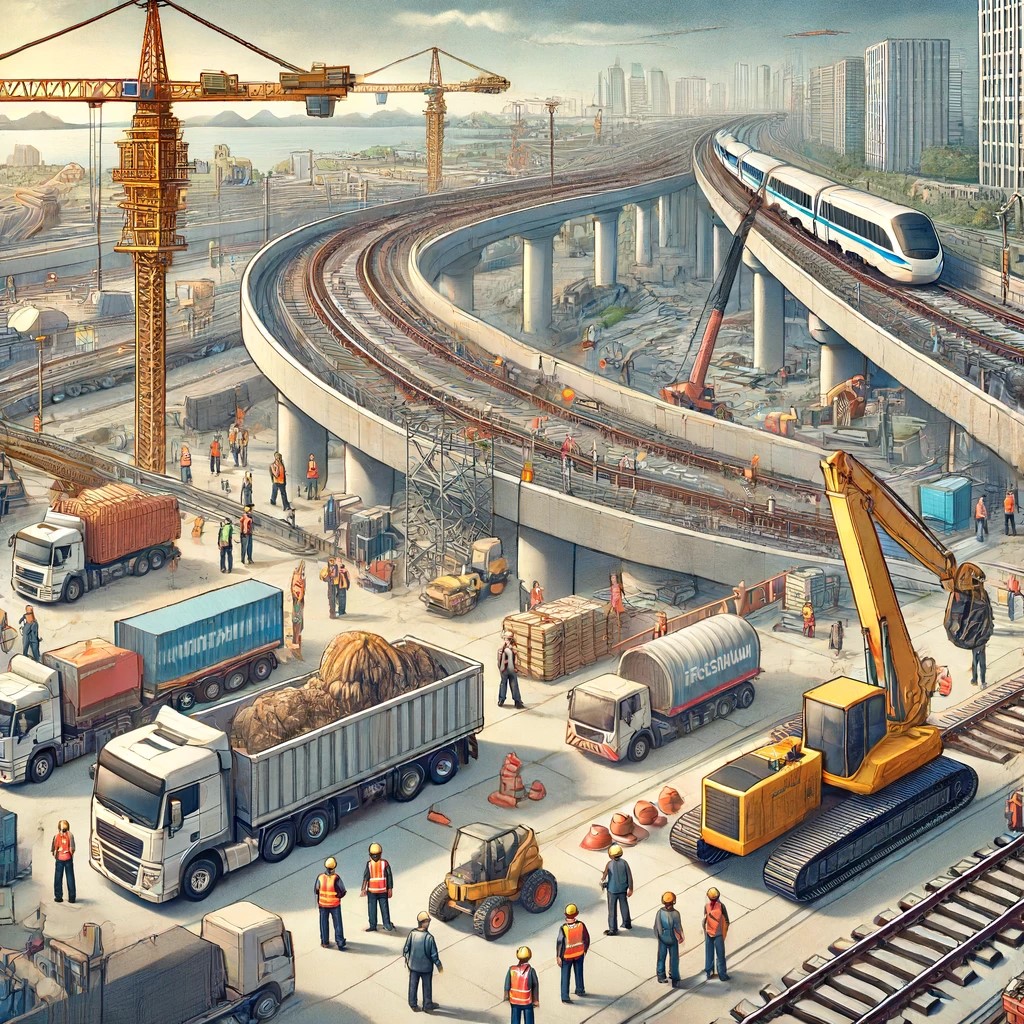
Understanding the Role of Fiscal Policy in Economic Management

Decentralized Finance (DeFi): Is It the End of Traditional Banking?
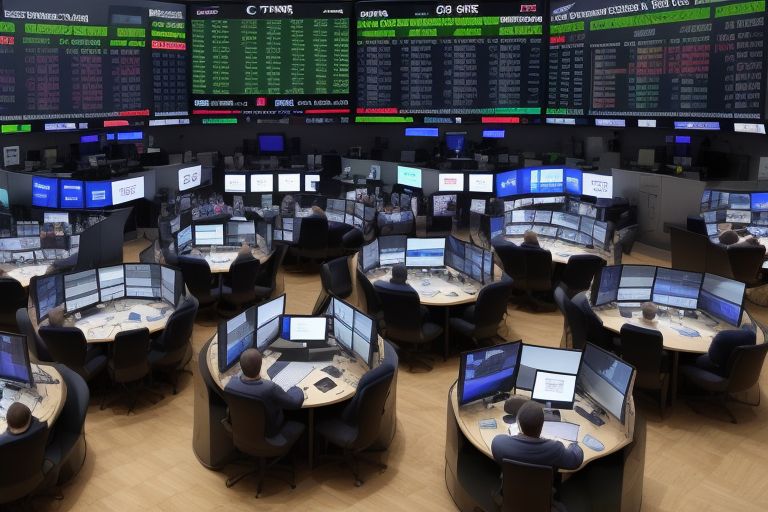
Crypto and Stocks: Diversifying Portfolio in the Digital Age
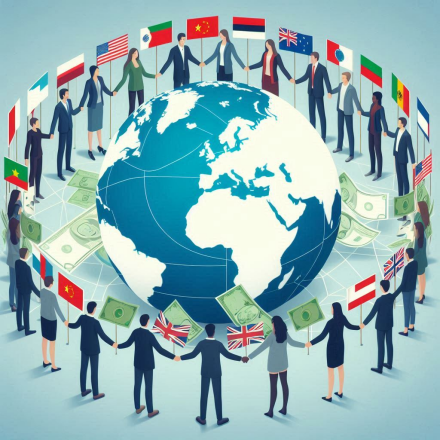
An Individual's Guide to Making Cross-Border Payments Through Blockchain
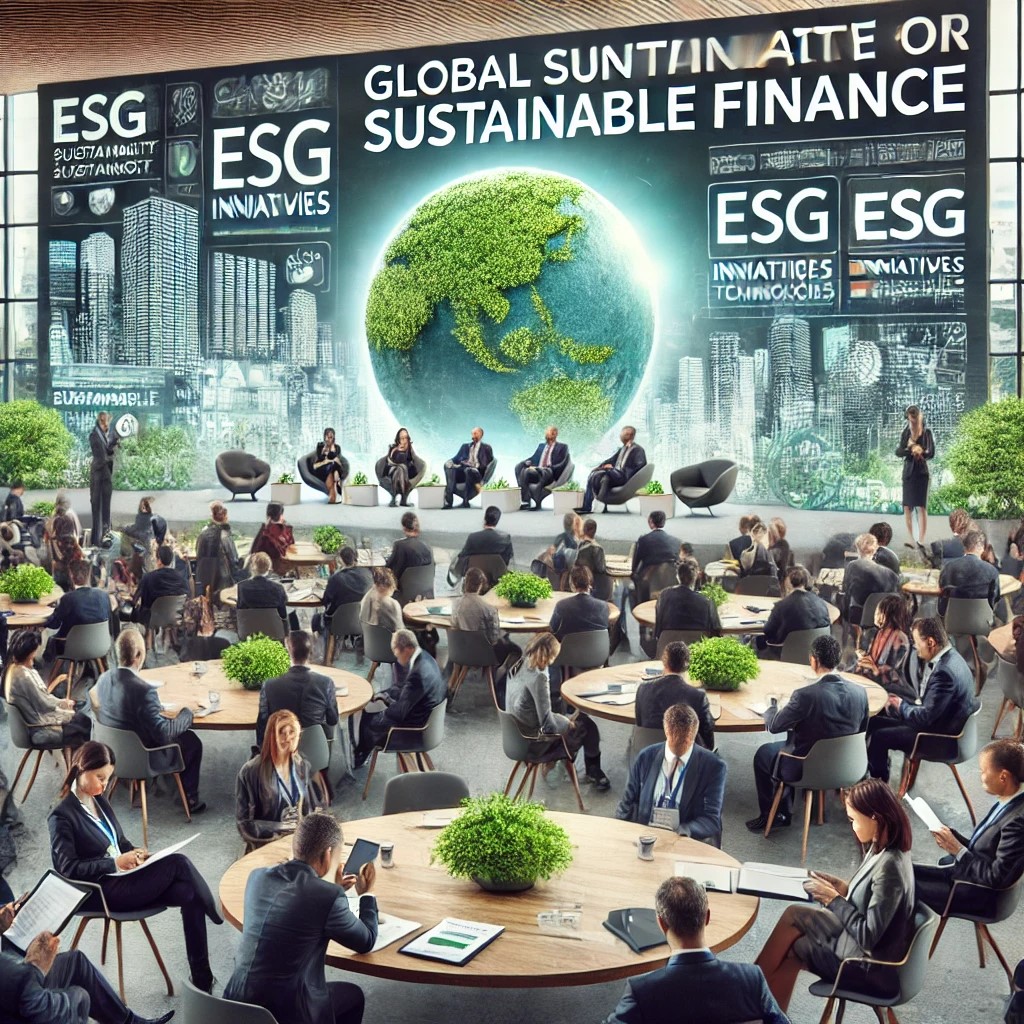
The Rise of Sustainable Finance: Principles, Trends, and Market Impact

The Role of Corporate Debt in Financial Markets: Current Trends and Future Predictions
